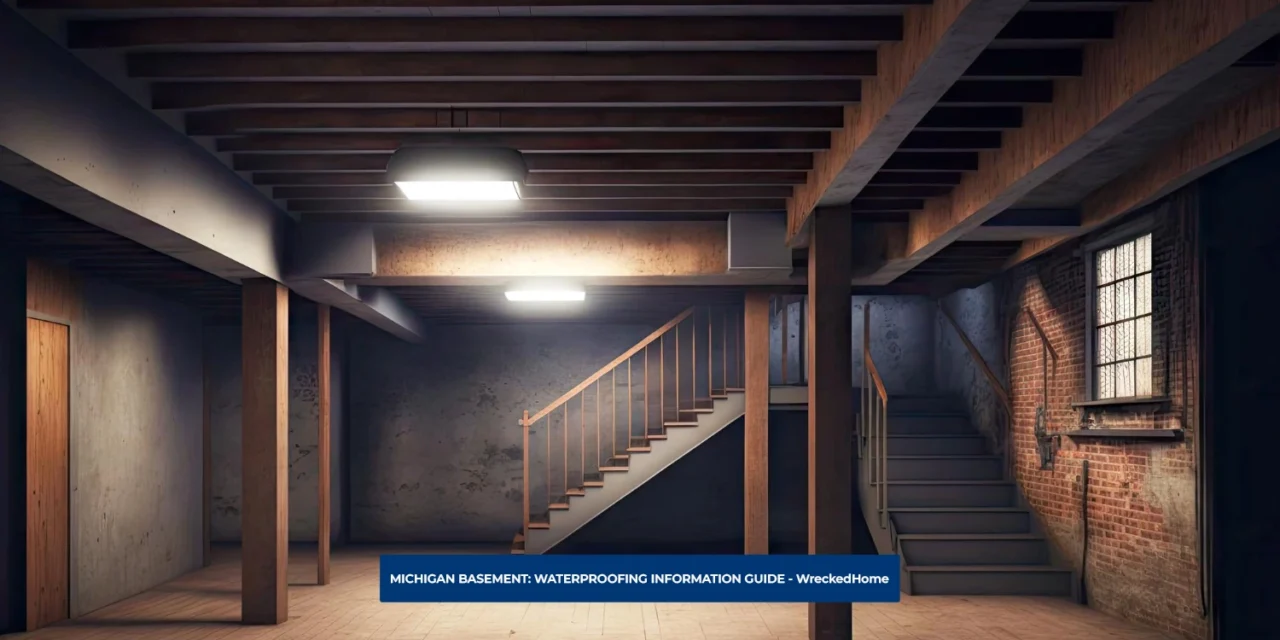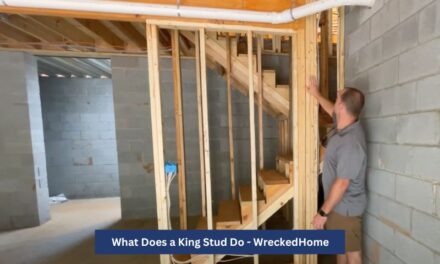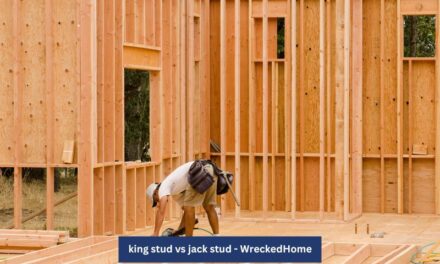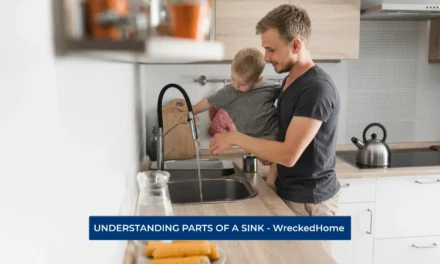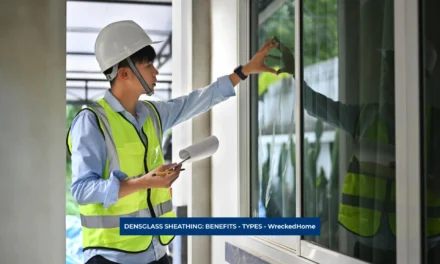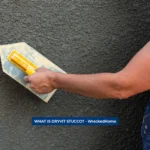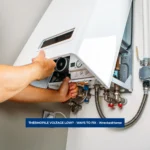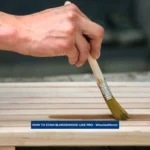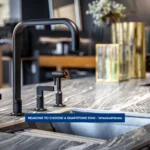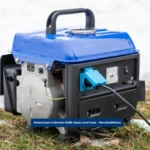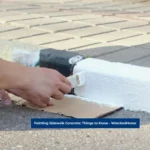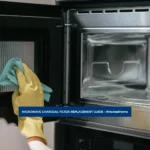A Michigan basement is an alternative to a traditional one. This type of basement is common in Michigan and the Midwest, where the high water table doesn’t allow for the building of traditional basements. These basements are a great way to add living space to homes.
If you have a Michigan basement then you would know how important it is to waterproof it. Water leaking into your basement causes big issues. Luckily, there are several ways of waterproofing to protect your basement from water leaking.
Let’s read Michigan basements in detail to understand how to waterproof them.
- Definition Of A Michigan Basement
- Why Waterproof? Common Michigan Basement Problems
- Unique Risks for Flooding & Water Damage in a Michigan Basement
- Basement Waterproofing Options
- Choosing the Right Basement Waterproofing Method
- How Much Does It Cost to Waterproof a Michigan Basement?
- Tips for Choosing a Basement Waterproofing Contractor
- Conclusion
- FAQs
Definition Of A Michigan Basement
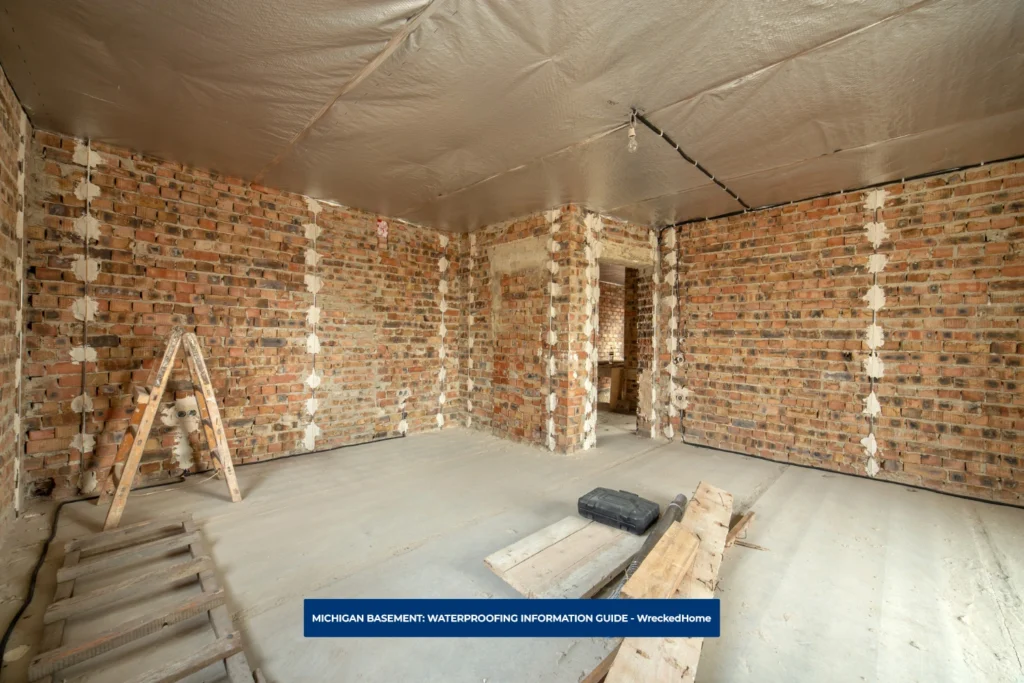
A Michigan basement is the place underneath a home. They are usually common in very old homes. These basements are generally leaky, with damp spaces, low ceilings, dirt floors and rock walls.
The State of Michigan defines a Michigan basement in its glossary as
“It is a former crawl space that has been dug out. It is generally with depth of 5 to 7 feet to allow basement. It begins approximately 2 feet in from inside of the existing foundation wall to preserve soundness of the existing foundation walls and footing.
History And Uses Of a Michigan Basement
People mostly use the Michigan basement as root sellers and house food storage in winter. Another use of these basements is storm shelters. Most people call similar basements in the East Coast a ‘Long Island basement’.
After 1920, we see some changes in this basement type. Some of the homeowners dug a crawl space deeper to accommodate additional storage. As the economy improved they made changes in the basement accordingly. Many of them changed into cinder block walls and poured clean floors. With advancements in technology, the Michigan basement also became a home for hot water heaters, air conditioners, washers and dryers.
Why Waterproof? Common Michigan Basement Problems
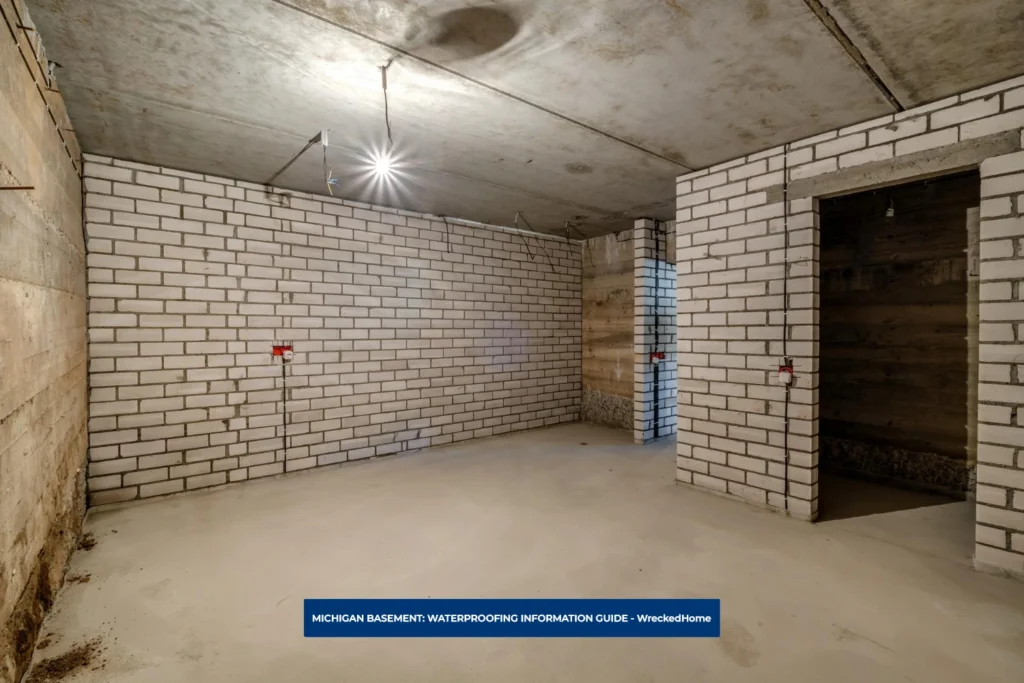
The most common basement problems one can face are as follows:
Humidity
Moisture is one of the most basic and common basement problems. It is naturally present on the earth. Dirty floors are common in these basements and its main cause is high humidity. It is a key factor in mold and mildew problems. If you don’t experience flooding in this basement type means all basements are below ground and the temperature is naturally lower than the rest of the home. Warm air holds more moisture than cold air therefore, condensation is more common in cooler basement spaces.
Most of the time, basements consistently have the same temperature as the ground. It is typically between 40 to 50 degrees Fahrenheit. When warm air from upstairs comes in contact with cool air from the basement, it causes condensation like drops that collect on a cup of tea on a warm summer day. You will see moisture on the walls and floor of the basement.
Unpleasant Smell
If you feel damp and smell musk in your basement that means mold and mildew are brewing in your basement. Darkness in the basement is another factor for growth of this fungi. The basement is darker than the rest of the home, so it is more prone to moisture. You can cover the smell but that cannot fix the problem. If someone smells smoke in the basement then don’t ignore the potential danger. Use an air freshener to remove the smell.
Repair Leaking Windows
Basement windows allow light into dark areas. Holes or cracks in them cause leaking. A broken skylight is another reason for leaking. Catch the leaks early to fix and repair them.
Mold and Mildew
Dark and moist basements are the breeding ground for mildew and mold. These living growing organisms cause allergic reactions. That can be mild or severe based on growth. Mildew is less severe than mold as it is a surface fungus that you can remove easily. On the other hand, mold is severe and comes with a serious concern.
Black mold, like Stachybotrys chartarum, causes a plethora of health problems. If you see any sign of mold, be careful and don’t ignore it as it spreads like ants and cockroaches. Solve this issue to avoid further damage as soon as possible.
Wall Bowing:
After rainfall you will see that the surrounding soil of your basement is saturated by rainfall. It can negatively impact the structural integrity of the wall. April showers may be good for May flowers, but it severely affects your basement. Earthen walls are made of soil, silt and clay. Soil becomes soft and loses its strength when it becomes saturated with water. Water fills the pores and reduces friction between the particles. Therefore, if the earthen wall of the house becomes saturated and soft, it can bow under the weight of the house. The result is the cracks in wall and eventually a major collapse causing entire home to be in jeopardy of collapse.
Sinking Floor
Some Michigan basements have concrete floors. Water causes the soil to erode under the floor, and it results in the sinking floor. A sinking floor spreads and pulls away from the walls which are a threat to the foundation of your home. In this situation, a person needs professional attention to solve the problem.
Dirty Gutters
Gutters are important for catching rainwater and whisking it. If you don’t have gutter apron, water doesn’t come to the gutter and whisks away. Absence of any part causes issues like seeping water. Install gutter aprons to fix this problem. If you already have, then clean them immediately to remove buildup.
Failing Sump Pump
A properly installed sump pump effectively saves your basement from excess water and keeps it safe and dry. If your sump pump is not working properly or has some issue such as failing sump pump then one strong can seriously damage your home. To be safe from major and serious damage, regularly inspect your sump pump.
Basement Cracks
Ohio and Michigan have four beautiful seasons. The drastic weather changes are not good for the floor surrounding your basement. It can cause expansion and contraction of the ground that surrounds the basement. So, your basement develop cracks in walls or concrete floors over time. As a result, it allows water to find its way and cause damage.
Leaks & Flooding
Stone, earthen walls and exposed dirt floors allow water to seep into walls. It makes your Michigan basement more susceptible to leakage and flooding. More leaking and flooding in the Michigan basement is a sign of constant presence of moisture.
Visit our store for 10% off our Home Maintenance products here.
Unique Risks for Flooding & Water Damage in a Michigan Basement
There are many risks for flooding and water damage in the Michigan basement
Some risks are as follows.
Unfinished Or Exposed Dirt Floor And Walls
These basements have makeshift side walls, exposed dirt, and moisture issues abound. Common issues are with the side wall. The lack of side walls makes a way for water to enter the basement.
Basement Waterproofing Options
Interior Waterproofing
Hydrostatic pressure causes water seepage and leads to various problems including mold and cracks in floor and walls. The best way to deal with this is to do interior water proofing. It relieves pressure and diverts water to your sump pump and out of your home.
Exterior Waterproofing
The exterior waterproofing method is to remove earth away from basement walls. It also cleans and recoat the walls and treats any foundation cracks.
Multi-step System
This approach has the ability to resolve the entire water problem, not just one or two parts. It saves the current problem and prevents future issues as well.
Foundation Replacement
Foundation replacement is a method for severe cases. It is a costly option. If you find your Michigan basement puts your home health at risk, don’t wait and act quickly.
Choosing the Right Basement Waterproofing Method
A big issue comes due to wet climate and high water table. Water proofing your basement is solution, but it demands careful choosing. After discussing the interior and exterior waterproofing methods, let’s find right one for you.
Factors to Consider When Choosing a Basement Waterproofing Method
If it’s time to choose a basement waterproofing method, consider a few key factors before acting. These are below.
- What type of water problem does the basement have? For small or occasional leaks, an interior one is better. For more serious flooding choose exterior waterproofing.
- If the problem is persistent and severe, you may need to use both interior and exterior waterproofing methods.
- Deciding the budget is important, keep in mind that basement water proofing is expensive.
- What type of home or Michigan basement do you have? The type also plays a role in choosing water proofing method.
- The harsh climate of Michigan also suggests choosing a method that is favorable for it.
- Knowing about type of soil around your home and its condition also matters.
How Much Does It Cost to Waterproof a Michigan Basement?
The cost of waterproofing a Michigan basement varies for many reasons.
- Size of your Michigan basement
- the type and severity of water issue
- The method of waterproofing you choose.
For a cost effective option, you can pick interior waterproofing methods. But this one only solves small water problems. For serious ones, you have no other option than exterior waterproofing.
The price of waterproofing your basement varies. Different factors are the reason for the price changes. You will pay from $1,000-10,000.
Tips for Choosing a Basement Waterproofing Contractor
Once you’ve chosen a basement waterproofing method, you need an expert for this task. Choosing one is easy if you know the right way, like:
- Find multiple contractors and get estimates
- Ask for references from satisfied customers
- pick a licensed and insured expert
- Write down everything, from start to finish.
Conclusion
The issue of water in a Michigan basement is common for most homeowners. The solution is costly but keeps your basement free from damage for long period. Waterproofing helps you to save your basement but be careful while choosing between interior or exterior waterproofing.
For any repairs, installations, builds, or questions; We recommend you to hire a professional. Find A Pro Near You Here!
FAQs
Can you waterproof a Michigan basement?
Yes, you can waterproof a Michigan basement. What type you choose, interior or exterior depends upon your and your basement needs.
Why is it called a Michigan basement
A Michigan basement is a simple basement which has a shallow basement dug out from a crawlspace. It is a common type of basement but is called a Michigan basement because they are in homes in Michigan.

